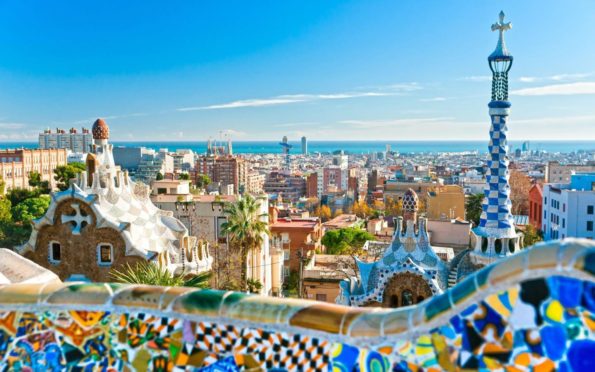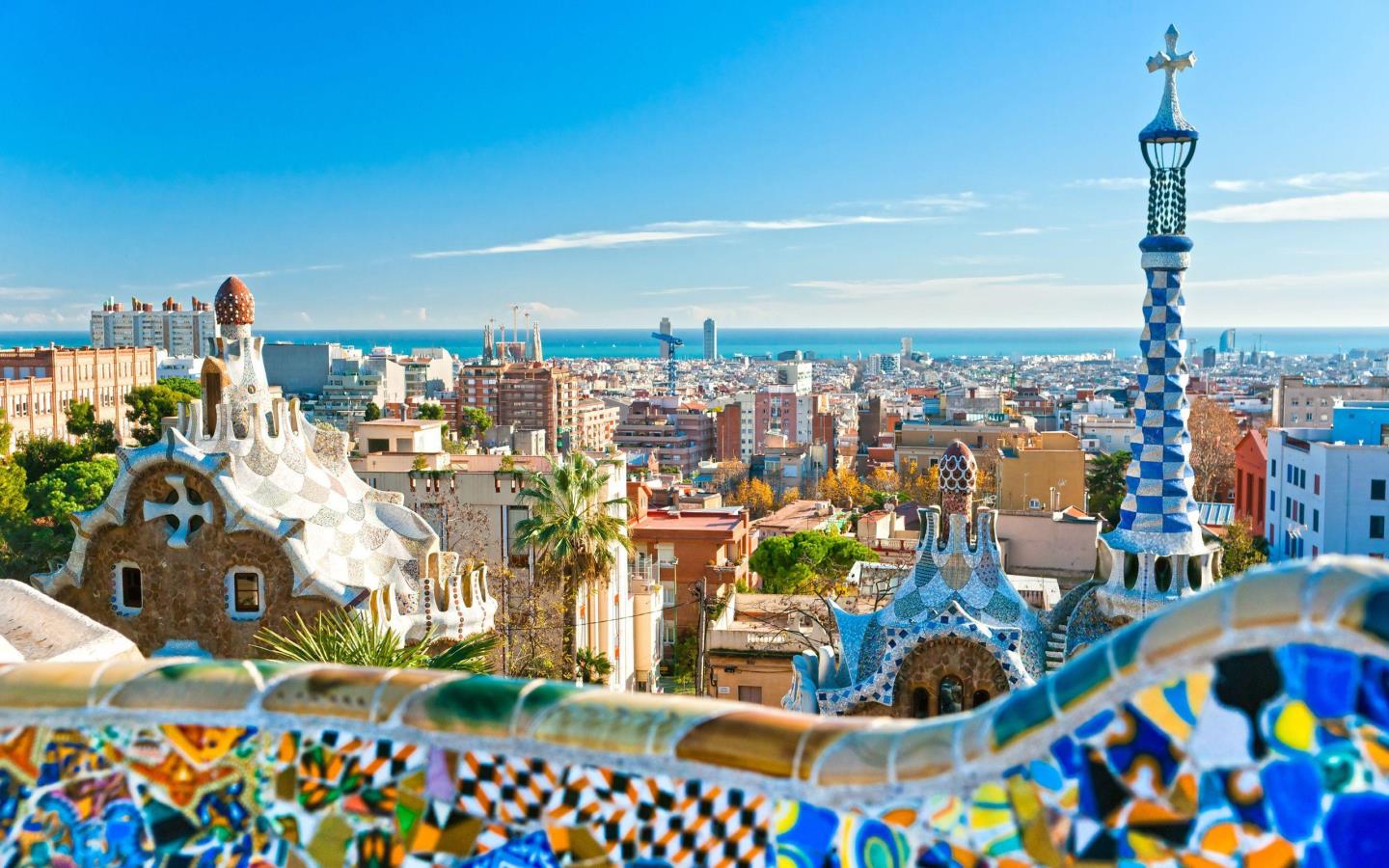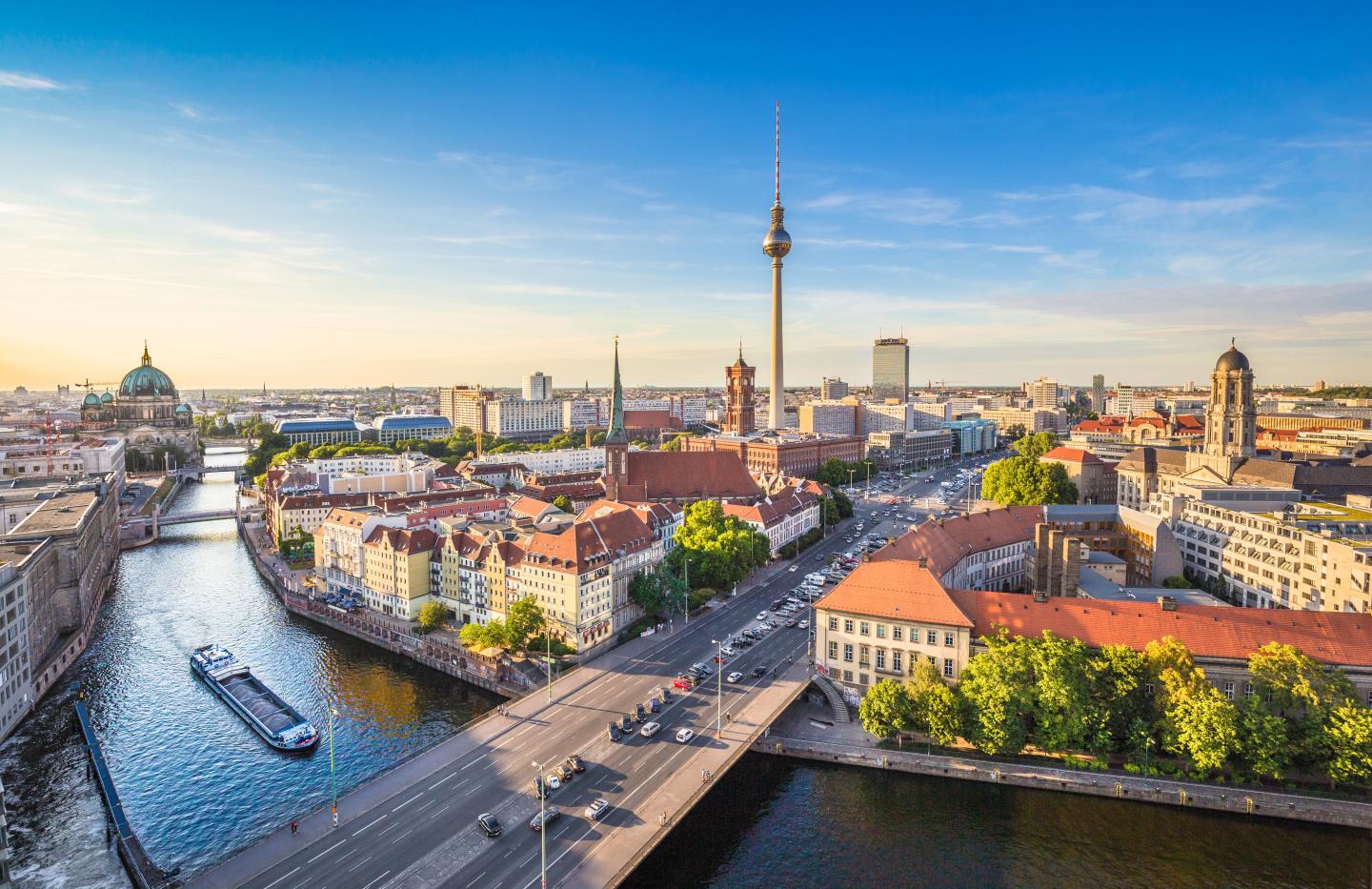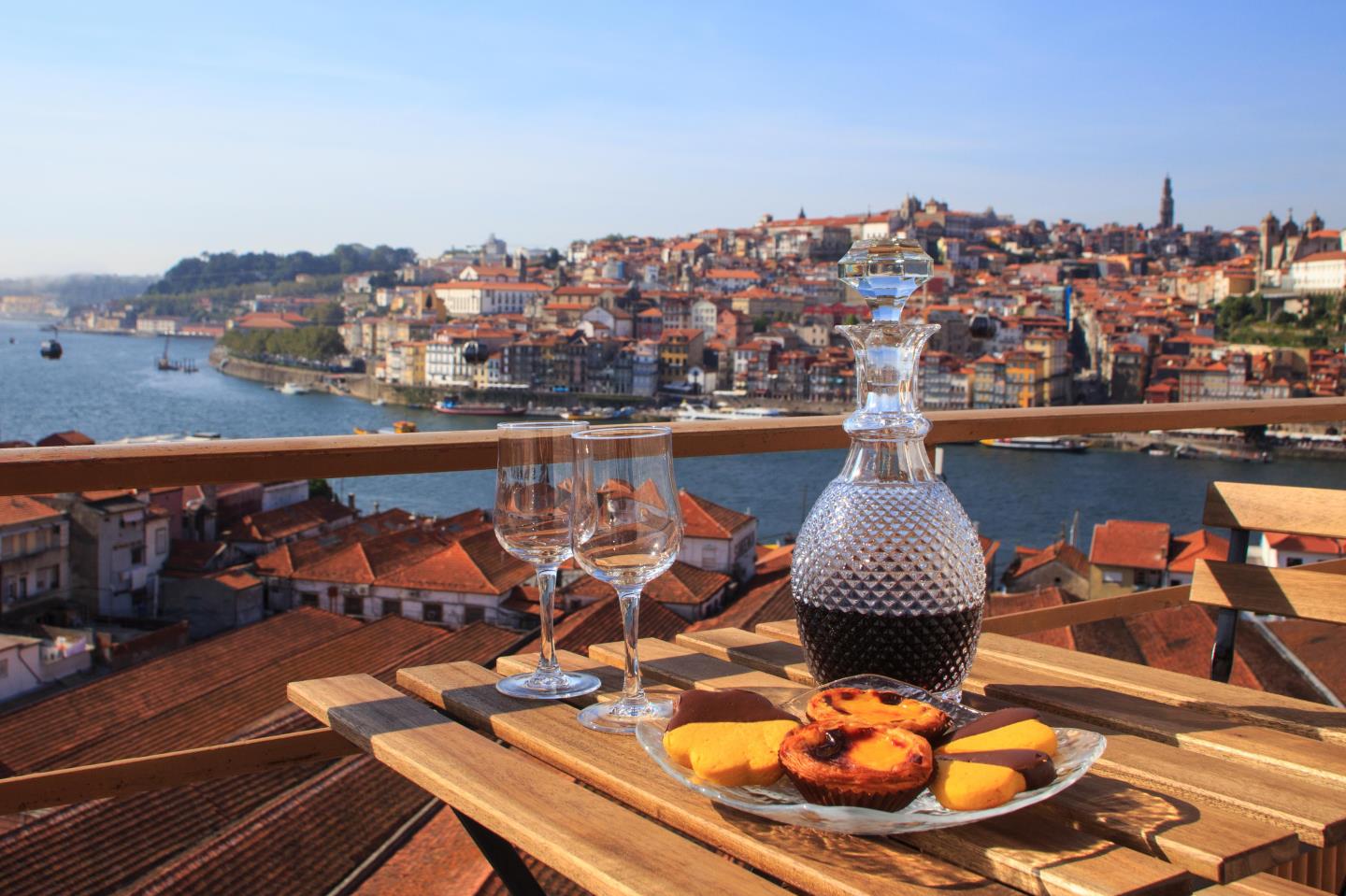After more than a year cooped up at home, many of us are dreaming of sunny beaches, mountain ranges and city breaks.
With the situation constantly changing, we’re updating you on travel advice for Scotland’s most popular holiday spots.
Use our interactive map, below, to check the status of your holiday destination.
Most popular destinations for Scots
According to the Scottish Government, the most popular holiday destinations Scots are longing to return to include:
- Spain
- The Netherlands
- Republic of Ireland
- Germany
- France
- Italy
- United Arab Emirates
- Poland
- USA
- Portugal
Most of these popular holiday destinations – unless otherwise advised – are on Scotland’s amber list, meaning travel there is not advised and you will have to self-isolate when returning to Scotland.
Spain
Spain tops the list and is the most popular holiday destination for Scots.
Mainland Spain is an amber country and those travelling there must be able to prove they are fully vaccinated or provide a negative PCR test upon arrival.
This also goes for those travelling to the Balearic Islands (including Mallorca, Menorca, Ibiza and Formentera).
However, the Balearic Islands are on our green list, for now, meaning Scots in need of some sun can head there without having to self-isolate at home when they return.
The Netherlands
UK nationals cannot currently enter The Netherlands for non-essential purposes.
Exemptions include some family members, elite athletes, journalists, researchers, professionals in the cultural and creative sectors.
Ireland
As a member of the common travel area, Ireland has a special status, meaning no travel restrictions are imposed on anyone returning to the UK.
However, if you are travelling into Ireland, you will need to provide a negative Covid test and all arrivals must self-isolate for 14 days.
There are no mandatory quarantines or self-isolation periods for travelling into Northern Ireland, as it is part of the UK.
Germany
Currently, you may only enter Germany from the UK if you are a German citizen, a resident, or their spouse, partner, or child under 18.
Exemptions to the travel ban into Germany also include “urgent humanitarian reasons such as an immediate family bereavement.”
Those entering Germany under these exemptions must quarantine for 14 days without possibility for early test and release, including for those fully vaccinated.
France
France has a similar colour coded system to the UK, and we are currently on France’s amber list.
Those who are not fully vaccinated may only travel for “essential reasons”. They must also self-isolate in France for seven days upon arrival.
The fully vaccinated do not need an essential reason to travel to France and won’t need to self-isolate on arrival. However, you will need to present proof of vaccination.
Italy
Until July 30, travellers to Italy who have been in the UK in the previous 14 days must present a negative test taken in the 48 hours before arrival.
You must self-isolate for five days and take a rapid antigenic or molecular swab test at the end of the five days.
Everyone arriving in Italy must also call the local Covid-19 helpline within 48 hours of arrival, to inform them of your visit.
United Arab Emirates
The United Arab Emirates (UAE) is usually an extremely popular destination for Scots looking to travel a little further afield than Europe.
However, the UAE is on our red list, meaning no one should travel there for leisure purposes.
If you’re travelling to Dubai or Abu Dhabi for work or other essential purposes, you must have a negative PCR test taken no more than 72 hours before departure and present the certificate at check-in.
Travellers arriving in Abu Dhabi will also be required to undertake a PCR test on arrival.
If you must travel to the UAE, you should check the entry requirements directly with your airline prior to departure.
Poland
If you are fully vaccinated, you will not have to quarantine on arrival in Poland, as long as you can prove it.
For Scots, Polish authorities will accept your NHS letter as proof of Covid-19 vaccination status.
If not fully vaccinated, you must undergo mandatory quarantine. You can leave quarantine after seven days if you receive a negative antigen or PCR test result, or after 10 days without taking a test.
USA
Since March 2020, it has not been possible for most Brits to enter the USA if they have been in the UK within the previous 14 days.
Since January 2021, all passengers arriving by air into the USA from any foreign country are prevented entering unless they have either:
- A negative pre-departure test result;
- Or, documentation of recovery from Covid-19 provided by a licensed health care provider or public health official.
Portugal
Once on our green list, Portugal is now on the amber list.
Adults and children older that 12 must have proof of a negative Covid-19 test to travel to or through mainland Portugal.
You must show your test certificate before boarding your flight.
You’ll also have to undergo health screening on arrival. If your temperature is 38ºC or over, or you show signs of being unwell, you could be required to undergo further testing and remain at the airport until you receive the result.
If you have travelled from the UK to mainland Portugal, you must quarantine for 14 days unless you can prove you are fully vaccinated.
Travelling abroad this summer will be more complicated than usual. But ensuring you are up to date with all the latest travel advice is the best way to ensure a pleasant trip.
Dundee hotels: Covid rules and city’s top-rated rooms for staycations




